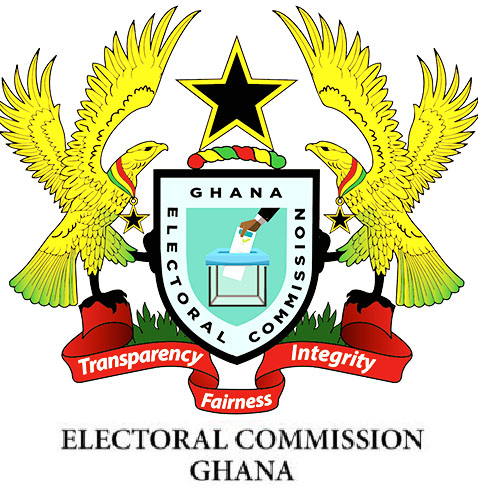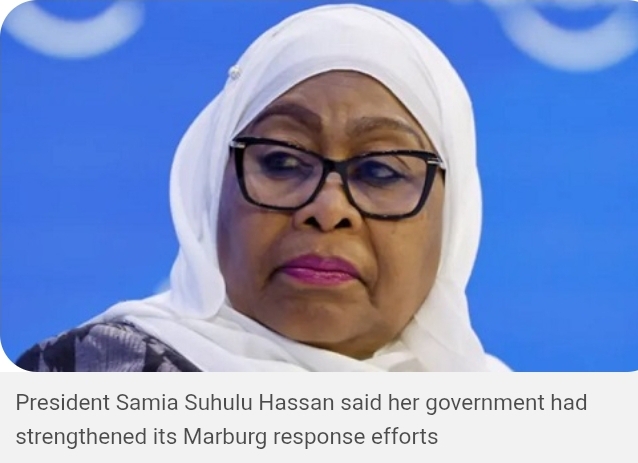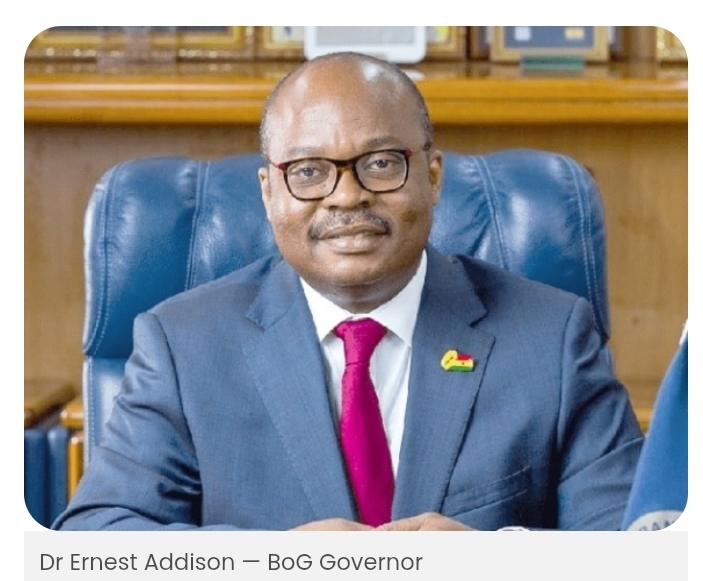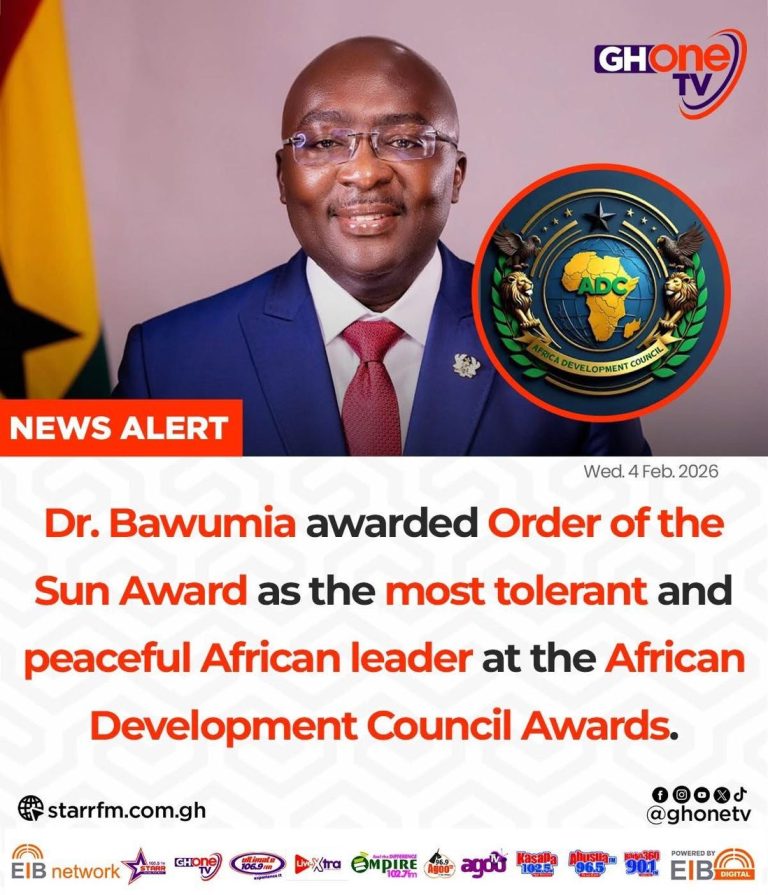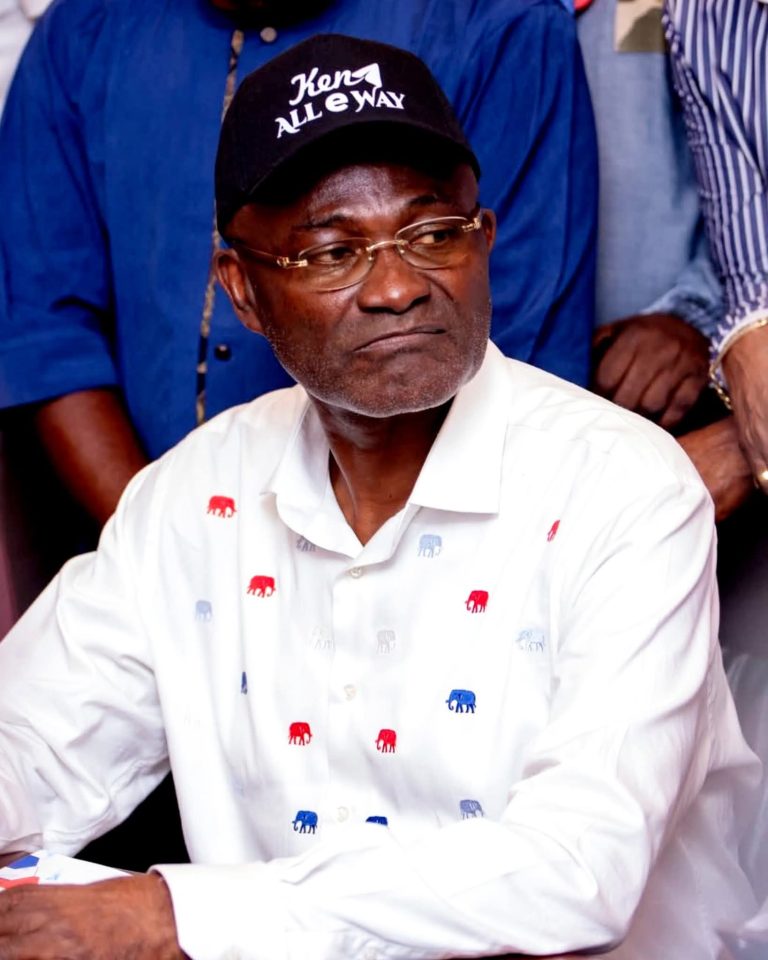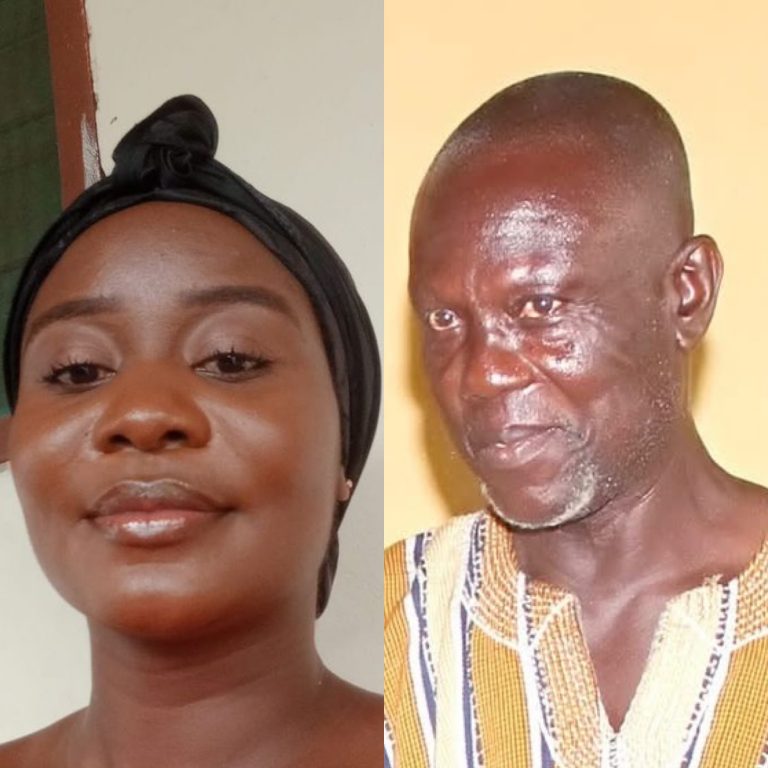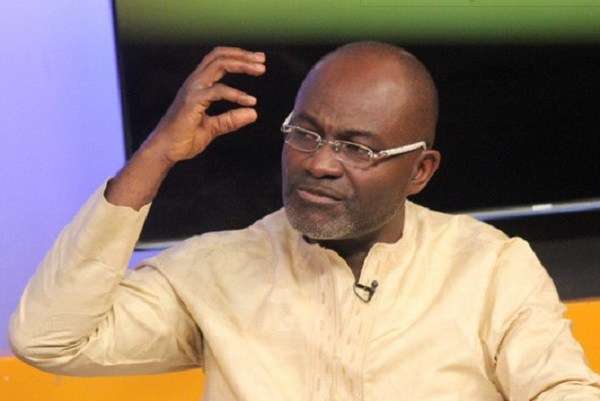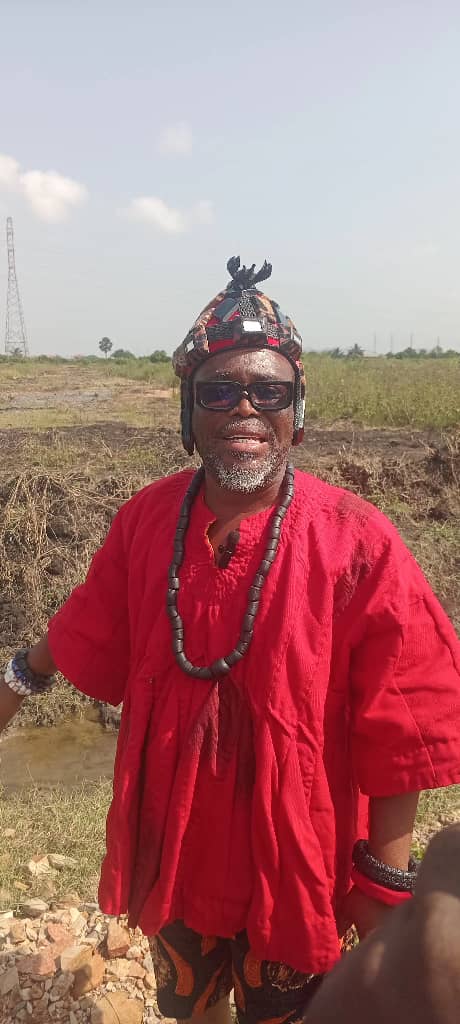The Minister-designate for Environment, Science, Technology, and Innovation, Ibrahim Murtala Muhammed, emphasized the need for a careful and incremental strategy to tackle significant environmental issues during his testimony before Parliament’s Appointments Committee on Thursday, January 30.
The appointed candidate addressed pressing topics such as the management of plastic waste, genetically modified organisms (GMOs), and securing climate financing, sharing well-rounded viewpoints on each subject.
Prudent approach to enforcing plastic bans
In response to inquiries about the growing problem of plastic waste in Ghana, Murtala cautioned against hastily instituting a ban on plastics without first exploring feasible alternatives.
He contended that a sudden prohibition without thorough planning could result in unintended effects.
“You cannot simply impose a ban because a problem exists. It is essential to search for alternatives. If no alternatives are available and you go ahead with a ban, the repercussions could be severe,” he articulated.
He recommended conducting an in-depth analysis to examine possible alternatives and advocated for the creation of reusable containers and biodegradable packaging.
He suggested that Ghana could adopt a phased strategy similar to Rwanda’s approach regarding plastic bans.
Genetically modified organisms: A nuanced stance
When discussing the issue of genetically modified foods, he highlighted the importance of a careful, evidence-driven strategy.
He pointed out that addressing food shortages in developing nations necessitates a thoughtful dialogue instead of a blanket prohibition.
“I trust that the National Biosafety Authority (NBA) can effectively evaluate and advise the government,” he remarked, noting that the NBA, with its regulatory framework, plays a vital role in assessing the safety of GMOs in Ghana.
Addressing climate funding amidst global changes
Mr. Murtala also expressed concerns about international climate funding, especially following the United States’ exit from the Paris Climate Agreement.
He cautioned that such decisions could weaken global climate endeavors and threaten Ghana’s access to essential climate finance.
“The US’s withdrawal from the Paris Agreement is troubling, as it is the largest contributor. If we fail to meet our Nationally Determined Contributions, we risk losing significant donor support,” he stated.
He underscored the necessity of diplomatic collaboration and engagement with global partners to ensure that Ghana remains a beneficiary of international climate funding and sustains progress in its environmental efforts.
His vetting addressed various environmental issues, but these fundamental concerns illustrated his vision for tackling Ghana’s most urgent ecological challenges with both prudence and strategic insight.


